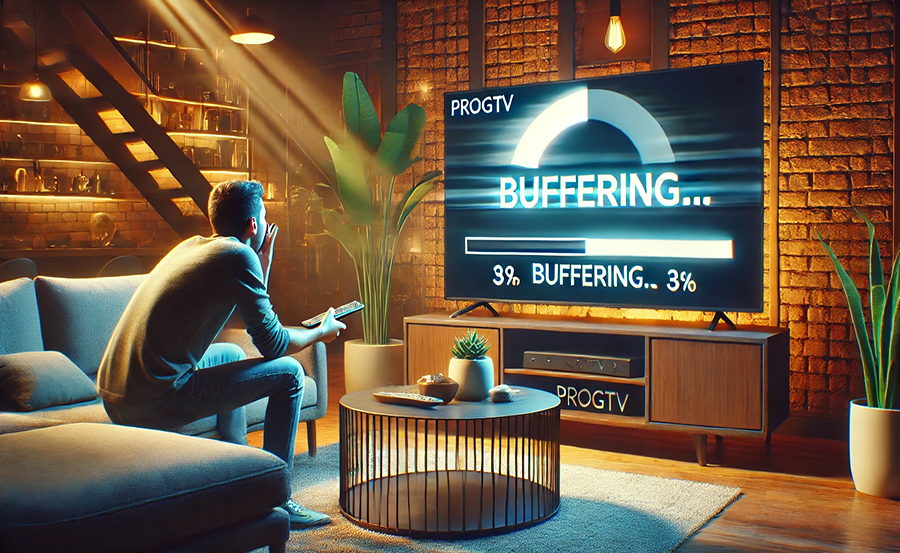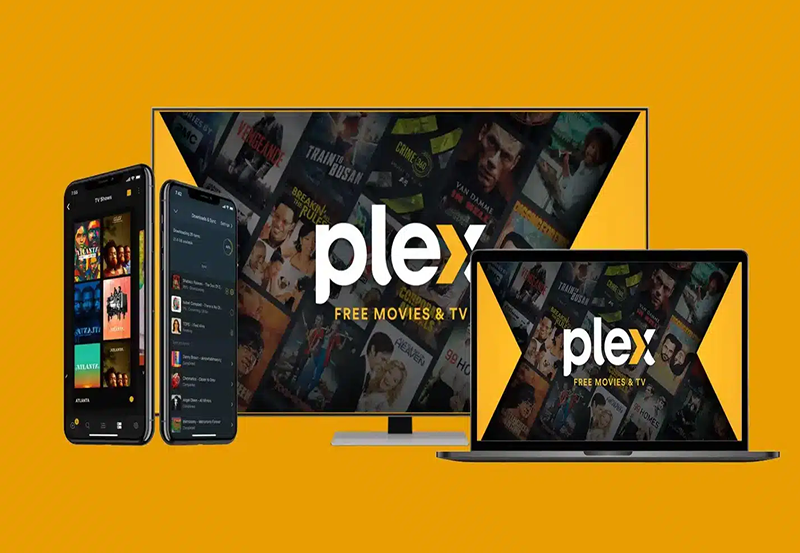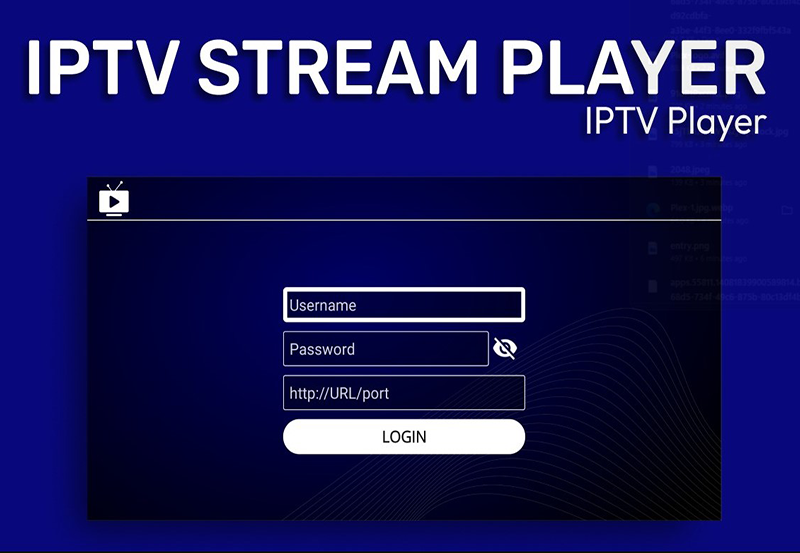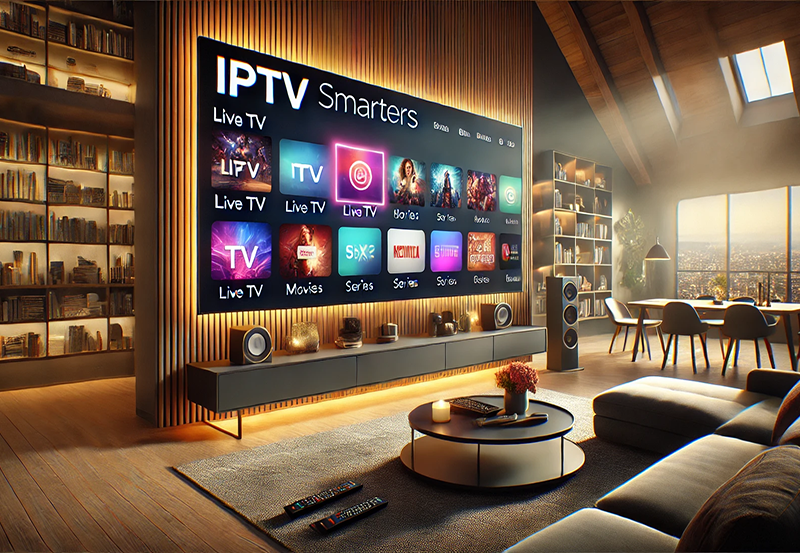Streaming technology has evolved rapidly, providing us with immediate access to an incredible variety of content. However, if you’ve ever experienced the frustration of buffering while using ProgTV, you might wonder about the underlying protocols and how they affect your viewing pleasure. This guide dives into streaming protocols and their impact on buffering issues, focusing on making your IPTV experience with movies and series seamless and enjoyable.
Buy 1 Year IPTV Subscription and Enjoy Unlimited Content
Understanding Streaming Protocols
Before we get into how streaming protocols affect buffering, it’s important to understand what these protocols are. Streaming protocols facilitate the transmission of video and audio over the internet, dictating how the content is sent, received, and played back. They are the highways over which your content travels.
The Key Streaming Protocols
There are several streaming protocols available, each with its unique characteristics and purposes. Here’s a quick breakdown of the key players:
- HTTP Live Streaming (HLS): Developed by Apple, it’s widely used due to its compatibility with most devices.
- Real-Time Messaging Protocol (RTMP): Once the go-to for live streaming, it’s still prevalent but often used in conjunction with other protocols now.
- Dynamic Adaptive Streaming over HTTP (DASH): An adaptive bitrate streaming protocol that provides a better experience by adjusting the video quality in real-time.
These protocols determine how efficiently the content is delivered to your device, influencing factors like delay, quality, and buffering.
Protocol Compatibility with ProgTV
ProgTV, being a versatile IPTV player, supports a variety of these protocols, allowing users to stream smarter and enjoy IPTV better. Compatibility ensures that whether you are watching premium IPTV content or free digital channels, your viewing experience remains optimal.
How Streaming Protocols Affect Buffering
Buffering can be a major inconvenience, especially when trying to enjoy IPTV with movies and series without interruptions. Understanding how streaming protocols impact buffering is crucial for improving playback performance.
The Relationship Between Protocols and Buffering
Buffering typically occurs when there is a delay in data being streamed to your device. Streaming protocols influence this by managing data flow and adapting to changing network conditions. For example, HLS works well over variable networks by dynamically adjusting the quality to match bandwidth availability, reducing the likelihood of buffering.
Choosing the Right Protocol for Less Buffering
Selecting a streaming protocol that aligns with your network conditions and device capabilities can significantly minimize buffering. For instance, if you regularly face fluctuating internet speeds, choosing a protocol like DASH, which adapts in real-time, can offer a more stable viewing experience.
Practical Tips to Reduce Buffering on ProgTV
While selecting the appropriate streaming protocol is critical, there are additional strategies you can employ to further lessen buffering issues on ProgTV.
Ensure Stable Internet Connection
A stable internet connection is foundation to any good streaming experience. Here are a few steps to secure your connection:
- Use a wired connection when possible to avoid the inconsistencies of Wi-Fi.
- Avoid network-intensive activities like large downloads when streaming.
- Consider upgrading your internet package if slow speeds persist.
Adjusting ProgTV Settings
ProgTV offers a variety of settings that allow users to customize their streaming experience. Simple tweaks can improve buffering times:
- Lower the default playback resolution to match your internet speed capabilities.
- Enable caching to pre-load more of the stream, smoothing out playback interruptions.
Exploring IPTV Options for Better Streaming
For those seeking an enriched viewing experience, exploring premium IPTV services might be the way forward. These services often offer improved streaming quality and reduced buffering times due to better infrastructure and limited user loads.
Benefits of Premium IPTV
Premium IPTV services can enhance your viewing in several key ways:
- Prioritized Infrastructure: These services often have dedicated servers that reduce delays.
- High-Quality Streams: Access to streams in higher resolutions with less compression.
- Exclusive Content: Offering a variety of movies and series not available through free services.
Stream Smarter with Premium Features
Features like cloud DVR, multiple device support, and user-friendly interfaces make premium IPTVs appealing for those who want to enjoy IPTV better. While the cost may be higher, the value in a seamless, high-quality streaming experience can be worth it.
A Glimpse Into the Future of Streaming Protocols
As technology continues to evolve, new streaming protocols and advancements are on the horizon, promising to further reduce buffering and enhance viewer experiences.
Emerging Trends in Streaming Protocols
Tech companies are constantly innovating, with trends like 8K streaming, virtual reality integration, and AI-based bandwidth optimization already in development. These advancements stand to change the way streaming protocols are structured and operated.
How ProgTV Stays Ahead
ProgTV continues to adapt by supporting upcoming technologies and protocols, maintaining its place as a versatile option for IPTV users. Constant updates ensure compatibility and improvements alongside these technological shifts.
FAQs – Navigating Your Streaming Experience

Here are some commonly asked questions about streaming protocols and buffering issues with ProgTV:
Why does my streaming buffer even on a fast internet connection?
Buffering can occur despite having a fast internet connection if there are interruptions further down the data path, issues with the streaming protocol compatibility, or server-side problems.
What is the best protocol for live streaming on ProgTV?
RTMP is traditionally used for live streaming, but HLS and DASH have gained popularity due to their adaptive qualities and extensive support across devices.
How often should I update ProgTV to ensure optimal streaming?
Stay up-to-date with the latest versions of ProgTV. Regular updates often include enhancements in compatibility and user experience, reducing the likelihood of buffering.
Is it necessary to use a VPN while using IPTV services?
Using a VPN can provide anonymity and security, protecting your data from potential breaches. It may also help avoid geo-restrictions, offering access to a wider range of content.
How does a cloud DVR service enhance IPTV usage?
A cloud DVR allows you to record your favorite shows and movies, offering flexibility in viewing times and ensuring you never miss must-see content.
Best IPTV Apps: Stream Anywhere, Anytime





